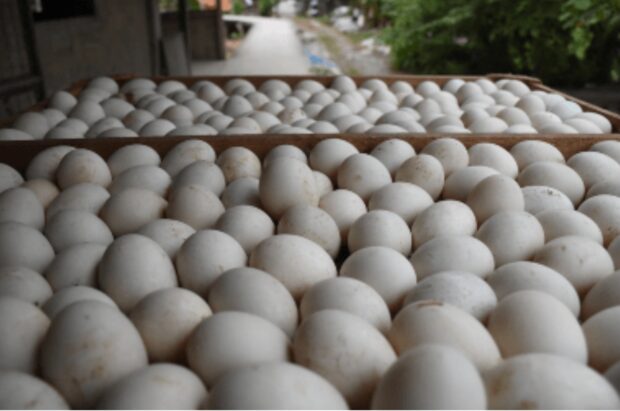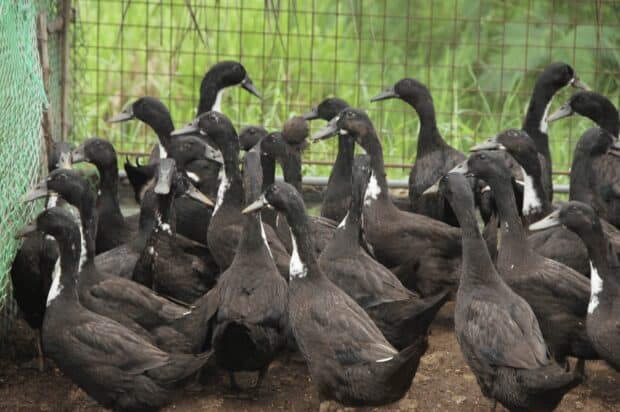A kinder hatch: Filipino researchers aim to end duckling culling

At a quiet hatchery in the Philippine countryside, thousands of duck eggs lie warm and still — each one holding a mystery.
For generations, farmers have waited until the first tiny cracks to find out whether a duckling is male or female, a guessing game that often ends in the culling of young males. But a group of Filipino technologists believes they’ve found a kinder, smarter way to break that cycle — without breaking the egg.
A partnership between the Technological Institute of the Philippines (T.I.P.) and the Department of Science and Technology’s Philippine Council for Agriculture, Aquatic and Natural Resources Research and Development (DOST-PCAARRD) is pushing the boundaries of agricultural innovation with the launch of EGGIOTYPE, a non-invasive, pre-hatch duck sexing technology designed to reduce waste and promote animal welfare.
Ethical shift in egg farming
In many Philippine duck farms, the conventional method of vent sexing — where ducklings are manually examined after hatching to determine their sex — remains standard practice. It’s a stressful process for the birds and often ends in the mass culling of excess males, who are not as economically valuable in egg-laying operations.
Traditionally, duck raisers need only one male for every seven females to maintain healthy flocks, they said in a press release. “When there are too many males, they are usually culled to maintain this ratio.”
The EGGIOTYPE Project aims to turn that reality on its head. Developed under T.I.P.’s TechnoCoRe (Technology, Research, and Core) program, the system analyzes eggs without damaging them, using emerging technologies to identify the embryo’s sex long before hatching.
This shift would allow farmers to make informed decisions early — keeping only the embryos they need, and using the rest more productively.

Saving lives, reducing waste
With EGGIOTYPE, male embryos won’t go to waste. Instead, they can be repurposed into balut, the popular Filipino delicacy of fertilized duck egg, or used in animal feed and other agricultural byproducts.
For farmers, that means better use of resources. For animal welfare advocates, it’s a small but significant victory.
The project also stands to improve hatchery efficiency by cutting down on unnecessary feed, space, and labor used on unneeded males. This will essentially streamline the entire production process — ethically.
A solution rooted in research
Launched in June 2024, EGGIOTYPE is now in the advanced research and development stage, undergoing rigorous testing to assess its accuracy, reliability, and readiness for the field.
T.I.P. researchers are working closely with ItikPINAS breeder farms across Luzon and Mindanao to ensure the technology can be integrated into existing farming operations.
According to project developers, early results have been promising.
Toward a more humane agriculture
While global attention on ethical farming often focuses on large-scale poultry operations in Western countries, EGGIOTYPE underscores how innovation in developing nations can drive real change from the ground up.
If adopted widely, the system could make the Philippines a leader in humane duck farming practices in Southeast Asia — offering a model for others to follow.
This article was generated with the aid of artificial intelligence and reviewed by an editor.